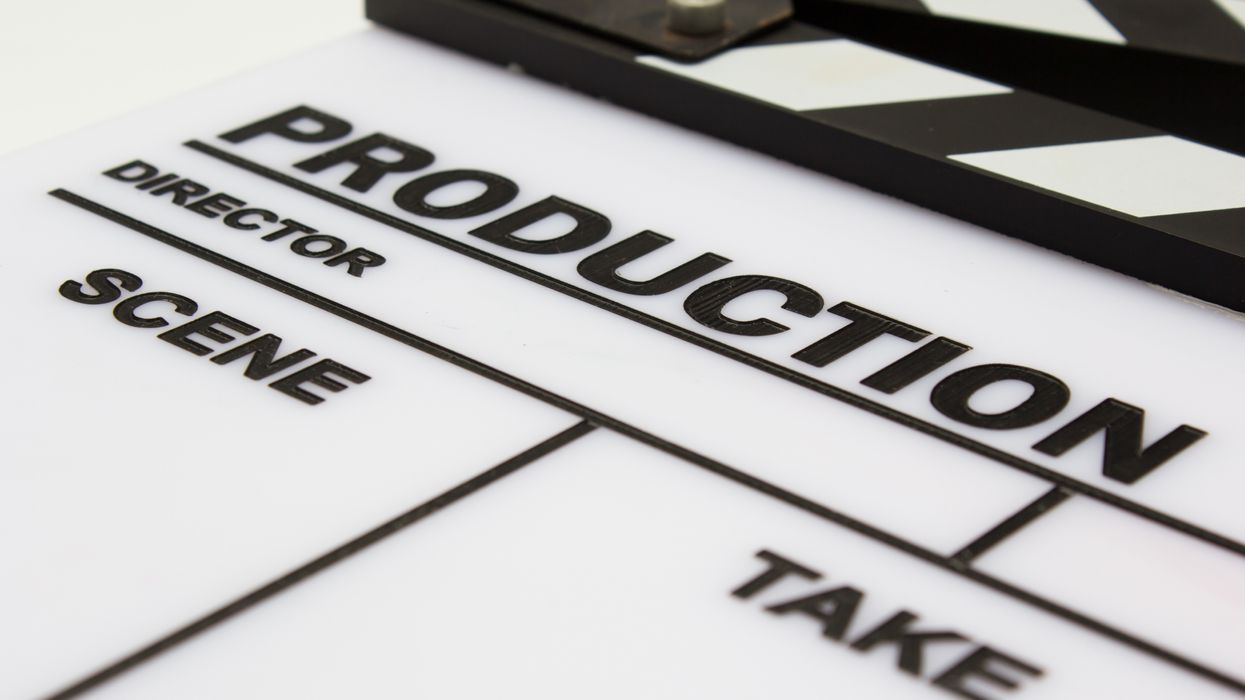Consider Trying This Before You Spend a Bunch of Time & Money Shooting B-Roll
It seems as though there are only two things you can for sure count on when making films: they will take time and they will cost money.

Knowing this, filmmakers, especially those shooting with no/low budgets, should always be looking to find ways to save what little time and money they do have, and one of them that often gets overlooked is using stock footage for some of your b-roll shots.
Shooting B-roll is basically an entire production all on its own. In order to put certain scenes and sequences into perspective with the rest of the film you're going to need to include plenty of transitional, establishing, and insert shots. The issue is that unless you can afford a second crew to shoot B-roll for you, you're looking at spending loads of time planning, traveling, and managing the shoot. And if you're like most indie filmmakers and laughed at the absurdity of being able to pay for a second crew, then that means getting B-roll is still a source of great stress as the cost continues to add up for your overall production.
But stock footage can actually help ease the pressure of an expensive and time-consuming project in many ways: it's relatively inexpensive (no labor, travel, permit costs), it's ready when you need it, and you can access footage you might not have been able to before (ex: aerial shots of Times Square or the Amazon Rainforest).
Stock videos can be used in place of many different kinds of shots. Here are several examples to get your imagination going:
Big city hustle and bustle
Shooting in a large city might be completely out of the question for you: you don't live in said city, you can't afford the crew it will take to shoot in said city, you don't have the time/money for the permits required to shoot in said city. But, there are plenty of stock videos of crowded sidewalks, busy traffic, and other common metropolitan sights that you can use instead.
Beautiful nature shots
So, you want to get that incredible shot of the sun rising over a beautiful meadow, but you're not really a morning person, and you just don't want to deal with the logistics of orchestrating and paying for an entire shoot that may or may not be used in the final cut. This is when stock footage comes in handy.
Animated transitions
If you're working on a commercial project for a client and want to use an animated background for a transition, you might want to consider using stock. Unless you know your way around After Effects, Nuke, or any other motion graphics/VFX programs, you can expect to pay a pretty penny to outsource the work.
Aerials
The advancement of drones and gimbals have made capturing aerials a cinematic technique that indie filmmakers can use even on their respective budgets. However, piloting a drone is pretty difficult. It's not something you can just pick up and do -- safely, anyway, and without breaking stuff. So, if you don't have drone flyin' skills, and your chopper is in the shop, aerial stock footage is a great alternative.
Underwater
Shooting footage underwater is a big ordeal. Firstly, it's impossible without the proper housing, and that particular piece of gear is incredibly expensive -- think upwards of about $10K - $12K to house a large format camera. Secondly, shooting requires tons of planning because:
- You have to keep everybody safe (because people can't breathe underwater)
- It's difficult (shooting underwater is not like shooting on land)
So, if all you need is a quick shot of some waves curling or the refraction of sunlight, you might want to consider just using stock videos.
Traveling POV
Production has wrapped and you're sitting in post thinking, "Man, a shot looking out of the window from a moving car would look perfect here," but you've run out of both time and money. Grab a stock video of a POV shot from inside of a car -- or a train -- or a shopping cart, and call it good.
The links to the video clips come from royalty-free stock footage provider Bigstock. If you're interested in checking out their library and downloading up to 35 free stock video clips, they're currently offering a free 7-day trial of their most popular video subscription.
Source: Bigstock Photo













